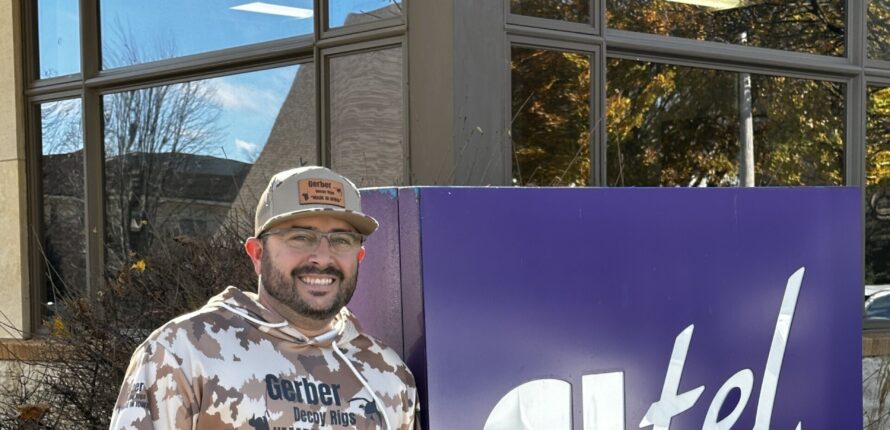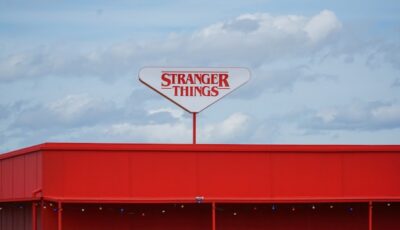“Hey, it’s not spinning anymore.”
In the quiet rural community of Thornton, Iowa, Ashton and his family sought a life of simplicity and peace. They had embraced the charm of their remote home – the wide-open spaces, the slower pace of life – but beneath that idyllic surface lay a frustrating, unspoken reality – a lack of reliable Internet.
It was more than streaming movies and scrolling social media. The first cracks showed up subtly – a failed video call here, a stalled school assignment there. But soon, those minor inconveniences became a web of daily frustrations. Ashton’s children, bright and eager, struggled to complete school assignments because learning apps refused to load. Ashton himself, running a small business from his property, was tethered to a precarious system of handwritten orders and spotty cell signals. He had to walk to the corners of his backyard like a game of Marco Polo to get WiFi access. “I’m not joking. If there was a cloud in the sky, we would not have service,” he said.
Ashton rarely voiced his frustration. It was just how things were. But deep down, there was a longing for something better – for the connection his family needed but couldn’t quite articulate. In many rural areas, customers have very few or no alternatives to adequate Internet service. Even if the current service is frustrating, some customers feel that switching isn’t an option because of the limited competition.
When Opportunity Knocks
Then, one day, while driving home, Ashton saw something that made him stop – CLtel workers laying fiber optic cables along his road. For a moment, he dared to hope. Could this be the solution his family had been quietly yearning for? He pulled over, waved down a technician, and asked, almost nervously, “Is this coming my way?” The answer was, “Yes, we’re reaching your area.” That was all it took to light a spark of possibility.
Installation day was a mix of anticipation and disbelief. Ashton’s wife, who had weathered so many digital frustrations with quiet resilience, tested their new connection the moment it was live. Uploading a TikTok video – something that used to take minutes of waiting and retrying – was instant. The sheer ease of it left her momentarily speechless. And Ashton, relieved.
For the first time, the family’s needs, spoken and unspoken, were fully met. Ashton could now run his business efficiently, printing orders at dawn instead of playing catch-up the next day. His children no longer shared looks of disappointment over frozen screens. Their education could move forward without obstacles. Even the smallest moments – the ability to connect with family, share a laugh online, or unwind after a long day – felt richer and fuller.
Ashton’s experience mirrors that of many in rural Iowa who live in Internet limbo. This digital purgatory has left numerous families and businesses struggling to keep pace in an increasingly connected world.
Closing the Divide
Weeks later, Ashton reflects on the transformation. He isn’t asking his family to turn off their devices. The WiFi reaches his garage, so he doesn’t have to walk around his backyard for a signal. And his business, Gerber Decoy Rigs, keeps up with customer orders.
What CLtel brought to their home was more than just fast Internet. It was the bridge between the life they were living and the one they’d quietly hoped for. It filled a gap they hadn’t fully understood but had deeply felt every day. And when his daughter, seeing the spinning loading icon disappear for good, exclaimed, “It’s not spinning anymore!” Ashton knew the truth.
CLtel hadn’t just delivered a service – they’d brought his family a sense of control in their connected world.



